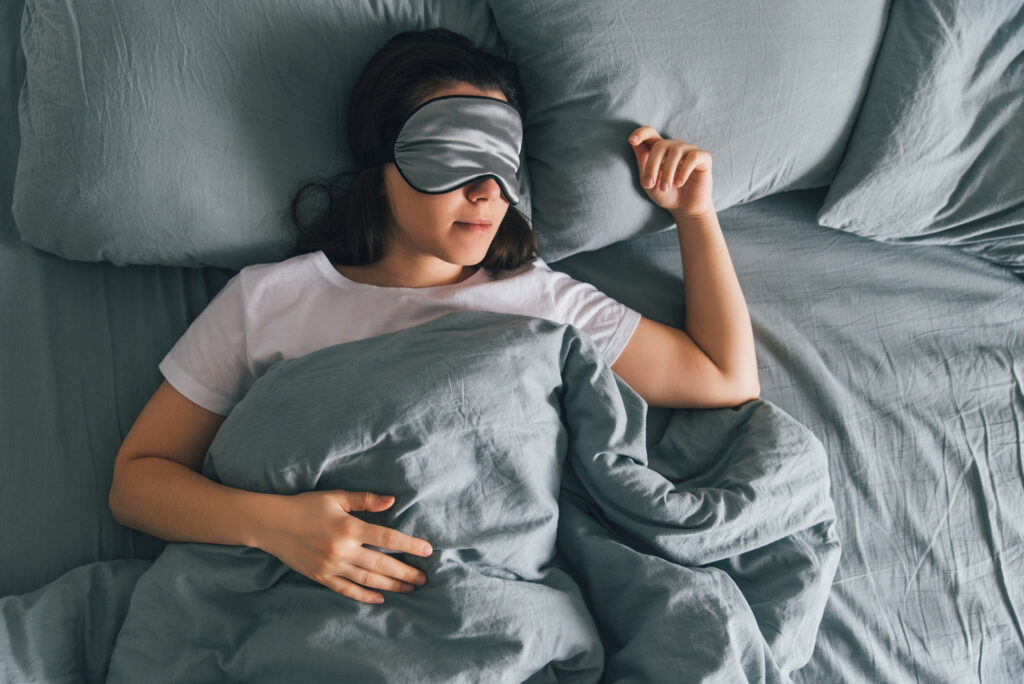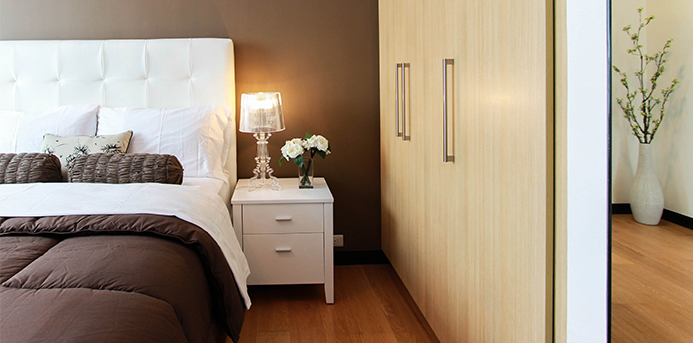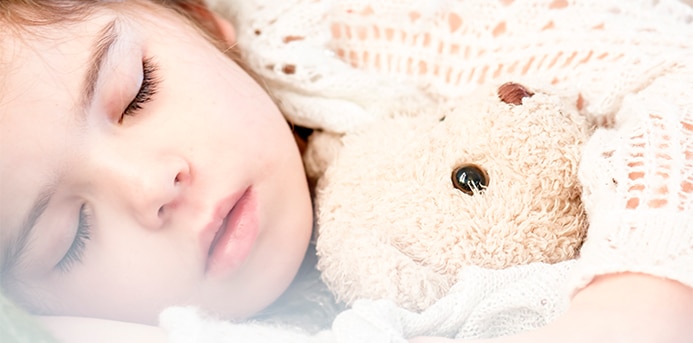Whether you are an early riser or night owl, good sleep is crucial to your overall well-being. Just like diet and exercise, healthy sleep habits benefit everything from your mood and skin to weight and productivity. So, give your body the rest it needs with our helpful tips for achieving the best sleep of your life. Trust us, your body will thank you.
8 Sleep Myths — Busted!

Getting enough sleep is crucial for good health. But what if you’ve been making decisions about your sleep routine based on outdated information? Also, if you’ve declared 2020 your “year of sleep,” are those bedtime gadgets aimed at helping you achieve deeper sleep actually working? In honor of National Sleep Awareness Month (March), we’re debunking some pervasive sleep myths. Read more.
16 Scary Things That Happen to Your Body When You Don’t Get Enough Sleep

When you crawl under the covers and fall asleep at night, your body and brain go to work, essentially running a critical reboot process. Most of the good stuff happens when you’ve reached a deep sleep, which is why it’s so important to get a full night’s rest (which is 7 to 9 hours for most adults). During this most restorative sleep phase, your blood pressure drops, muscles relax, blood supply to muscles increases, tissue is grown and repaired, energy is restored, and hormones are released. Pretty impressive, right? But, according to a study from the Centers for Disease Control and Prevention, more than a third of American adults aren’t getting enough shut-eye on a regular basis. Read more.
How Smart Light Can Help You Sleep Better and Improve Your Health

Have you heard about smart light? Connected LED lights that add convenience to your life and save energy by turning on and off based on motion, voice control or other actions, smart lighting is the future of illumination in our homes and offices. But did you know it can also help with your health? It’s well known that bad lighting, lack of exposure to sunlight, and too much time spent under artificial light can have negative health effects. Everything from headaches and eye strain to stress, depression and obesity have been linked to poor lighting. Lighting also has a powerful impact on your ability to sleep well. Read more.
8 Health Conditions That Could Be Disrupting Your Sleep

Getting a good night’s sleep is critical to good health — those ZZZs help keep your immune system strong, blood sugar under control, and can even ward off weight gain. In theory, getting eight hours of pillow time sounds great. But, even if you do everything the experts recommend, like creating a dark and cool room and keeping a consistent sleep schedule, there are several health conditions that can disrupt your sleep and make it hard to actually feel well rested. Read on to see if you have any of these eight health conditions that could be meddling with your sleep, plus get expert tips for addressing them. Read more.
The Best and Worst Foods for Better Sleep

By now you probably think you know the rules for getting a good night’s sleep: Turn off the electronics; create a cave-like environment that’s cool and dark; actually go to bed at a respectable hour. But, if you haven’t also been paying attention to how your diet affects your sleep, you might be sabotaging those restorative ZZZs. Read more.
10 Ways to Set Kids Up for a Night of Healthy Sleep

There are times — at night and during early mornings — when as a parent you understand the power of cathartic release provided by certain profane parodies of nighttime stories. Because your child … Just. Won’t. Go. To. Sleep. And that means you can’t get rest either. If you’re one of between 50 and 70 million American adults who suffer from some kind of sleep or wakefulness disorder, what makes things much, much worse, for you is a child who is also sleepless. Read more.
